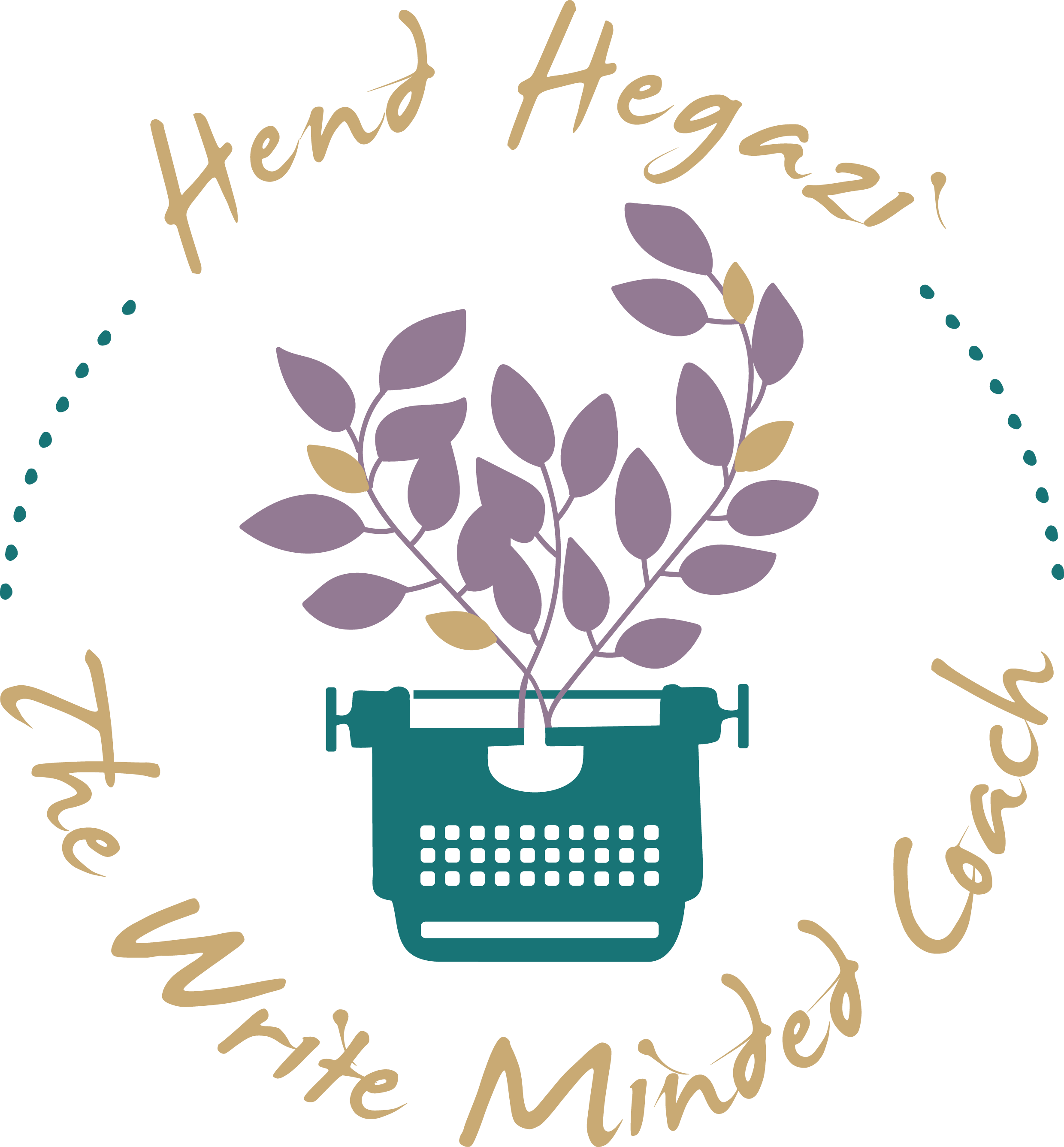New writers are often in awe of writers who have written several full-length books. In their enthusiasm to achieve those same goals, they ask where and how those more-seasoned writers find inspiration. The truth is that inspiration is all around, it comes organically through the thing we call life.
Sometimes it's a story that you hear about–something that happened to a friend of a friend–or that you witness firsthand, and it lights the spark of your imagination. Current events are another source of inspiration. Surviving COVID, or the current Palestinian genocide, local or presidential elections, climate change, even the latest in pop-culture. Any of these can inspire you to write, either about the real-life situation, or fictionalizing it to explore the more intimate aspects of the issue.
Once an idea comes to you, it is incumbent upon you to get it down as soon as possible. If, for example, you’re in a traffic jam, and you get an idea of the perfect scene for an accident that brings together strangers from different parts of the city, and you imagine how their interaction could lead to a romance, or a murder, or expose family secrets, then you must record that idea in a notebook or on your phone. This way, when you are ready to expand upon the idea, you have that initial spark and all the thoughts that arrived with it, and you get off to a running start.
But what new writers sometimes fail to realize, is that those more-seasoned writers recognize that inspiration is not actually the answer to writing full-length books. The answer to writing a full length book is a consistent writing routine, not inspiration.
Inspiration is a fickle creature; it shows up at random times in random places, and although you can do your best to lure it forward, it may remain elusive for months (or years!) at a time. To be a professional writer, you must sit down and do the work even when there's no inspiration. You can not rely on inspiration, so if you choose to write only when inspiration strikes, you will be setting yourself up for failure.
If, on the other hand, you cultivate a strong writing habit through which you write every day, then you give yourself the best chance at finishing your project. Not only will you be making daily progress towards your long term goal, but eventually your brain will recognize that your writing is an act of creativity. Once that happens, your inspiration–which generally hides in the shadows–will be coaxed to the forefront, and you will have a higher chance of your daily writing pouring forth from a place of inspiration. Of course, maintaining a daily writing routine does not guarantee that your writing will always be inspired, mind you, but it certainly increases the possibility that it will be.
Your daily writing routine will mean that your writing will sometimes take precedence over other activities. You may need to decline outings with friends or family because you’ve already dedicated that time to your writing. And if you’re serious about your writing project, those who love you will understand how important it is to you, so they will respect your writing time and be understanding when you cancel or postpone plans.
Finishing a full length novel is about putting in the time and effort every day, including and especially when inspiration eludes you. Commit to your goal, put in the work every day, and watch your writing goals come to life!


